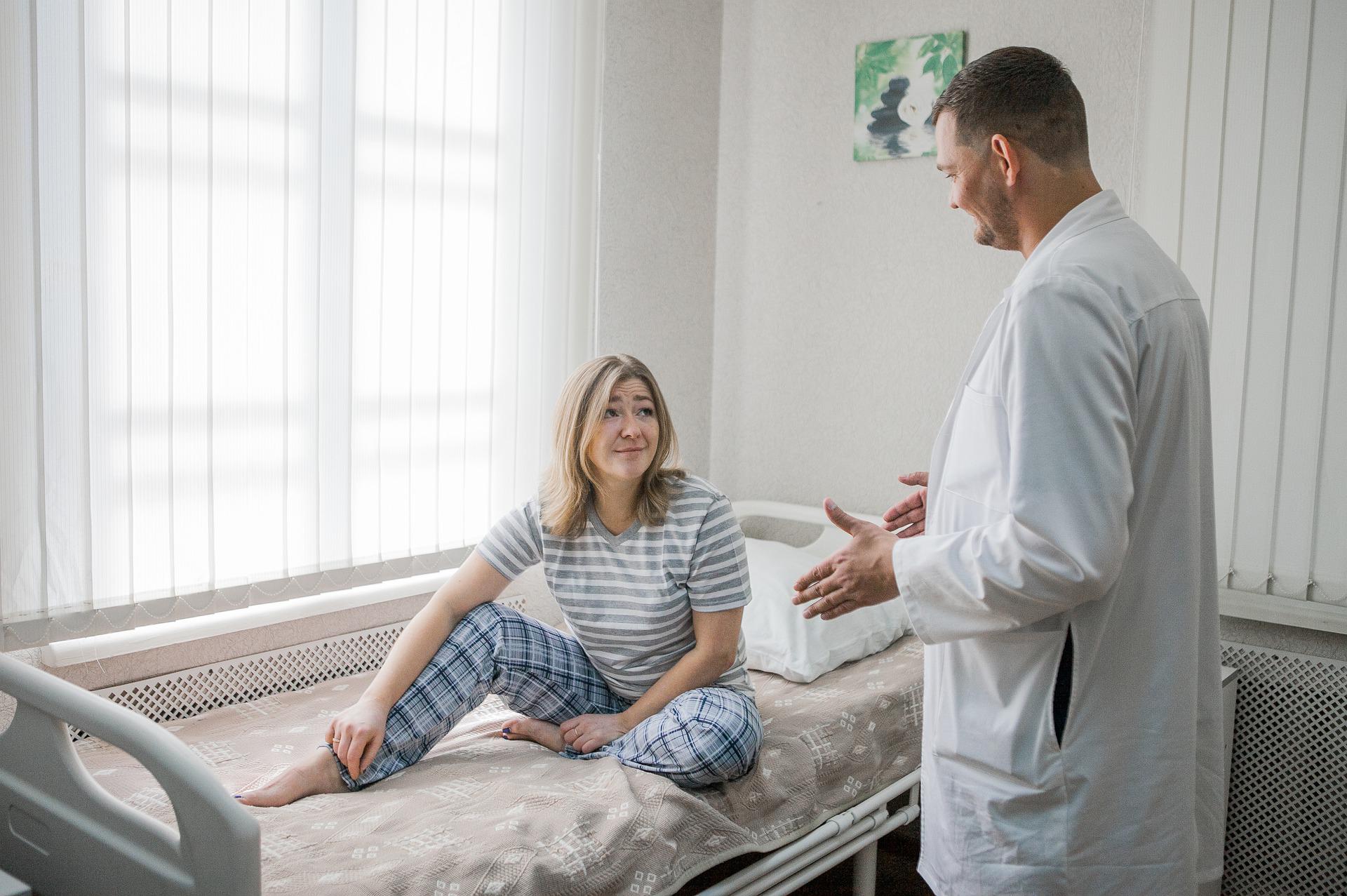News release
From:
The BMJ
Externally peer reviewed? Yes
Evidence type: Editorial; Opinion
Subjects: Young women
Doctors’ reluctance to discuss anal sex is letting down young women, warn researchers
Open conversations and better public health education will help women make informed choices
Clinicians’ reluctance to discuss possible harms of anal sex is letting down a generation of young women who are unaware of the risks, warn researchers in The BMJ today.
Surgeons Tabitha Gana and Lesley Hunt argue that as anal intercourse becomes more common amongst heterosexual couples, failure to discuss it “exposes women to missed diagnoses, futile treatments, and further harm arising from a lack of medical advice.”
They say healthcare professionals, particularly those in general practice, gastroenterology, and colorectal surgery, “have a duty to acknowledge changes in society around anal sex in young women, and to meet these changes with open neutral and non-judgemental conversations to ensure that all women have the information they need to make informed choices about sex.”
In Britain, the National Survey of Sexual Attitudes and Lifestyle shows participation in heterosexual anal intercourse among 16 to 24 year-olds, rose from 12.5% to 28.5% over the last few decades. Similar trends are seen in the USA, where 30-44% of men and women report having anal sex.
Young women cite pleasure, curiosity, pleasing the male partners and coercion as factors. Up to 25% of women with experience of anal sex report they have been pressured into it at least once.
Anal intercourse is considered a risky sexual behaviour because of its association with alcohol, drug use and multiple sex partners. But it is also associated with specific health concerns, explain the authors.
For example, increased rates of faecal incontinence and anal sphincter injury have been reported in women who have anal intercourse. Women are also at a higher risk of incontinence than men, due to their different anatomy,
“The pain and bleeding women report after anal sex is indicative of trauma, and risks may be increased if anal sex is coerced,” they write.
Effective management of anorectal disorders requires understanding of the underlying risk factors, and good history taking is key, they say. Yet clinicians may shy away from these discussions, influenced by society’s taboos.
What’s more, NHS patient information on anal sex considers only sexually transmitted diseases, making no mention of anal trauma, incontinence, or the psychological aftermath of the coercion young women report in relation to this activity.
“It may not be just avoidance or stigma that prevents health professionals talking to young women about the risks of anal sex. There is genuine concern that the message may be seen as judgmental or even misconstrued as homophobic,” they note. “However, by avoiding these discussions, we may be failing a generation of young women, who are unaware of the risks.”
“With better information, women who want anal sex would be able to protect themselves more effectively from possible harm, and those who agree to anal sex reluctantly to meet society’s expectations or please partners, may feel better empowered to say no,” they conclude.



 International
International



